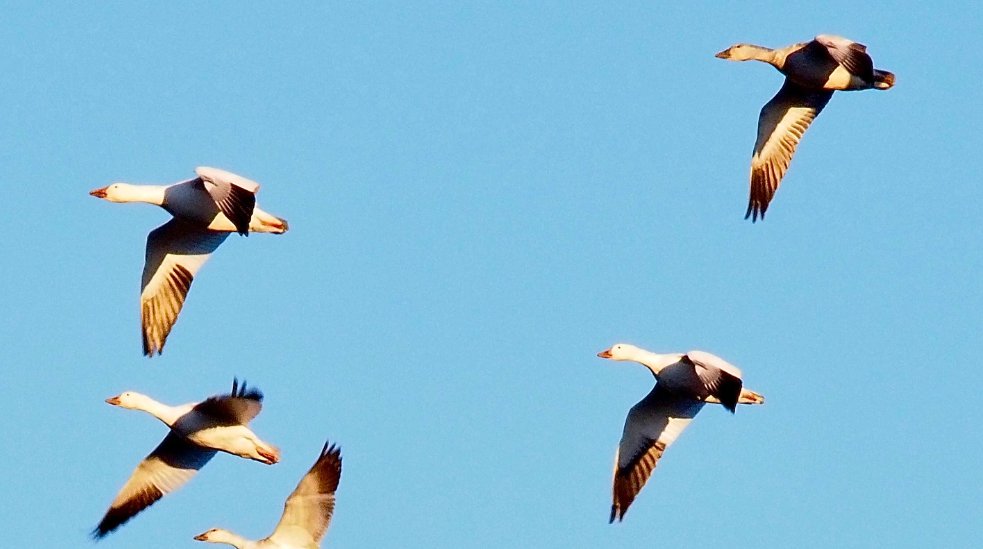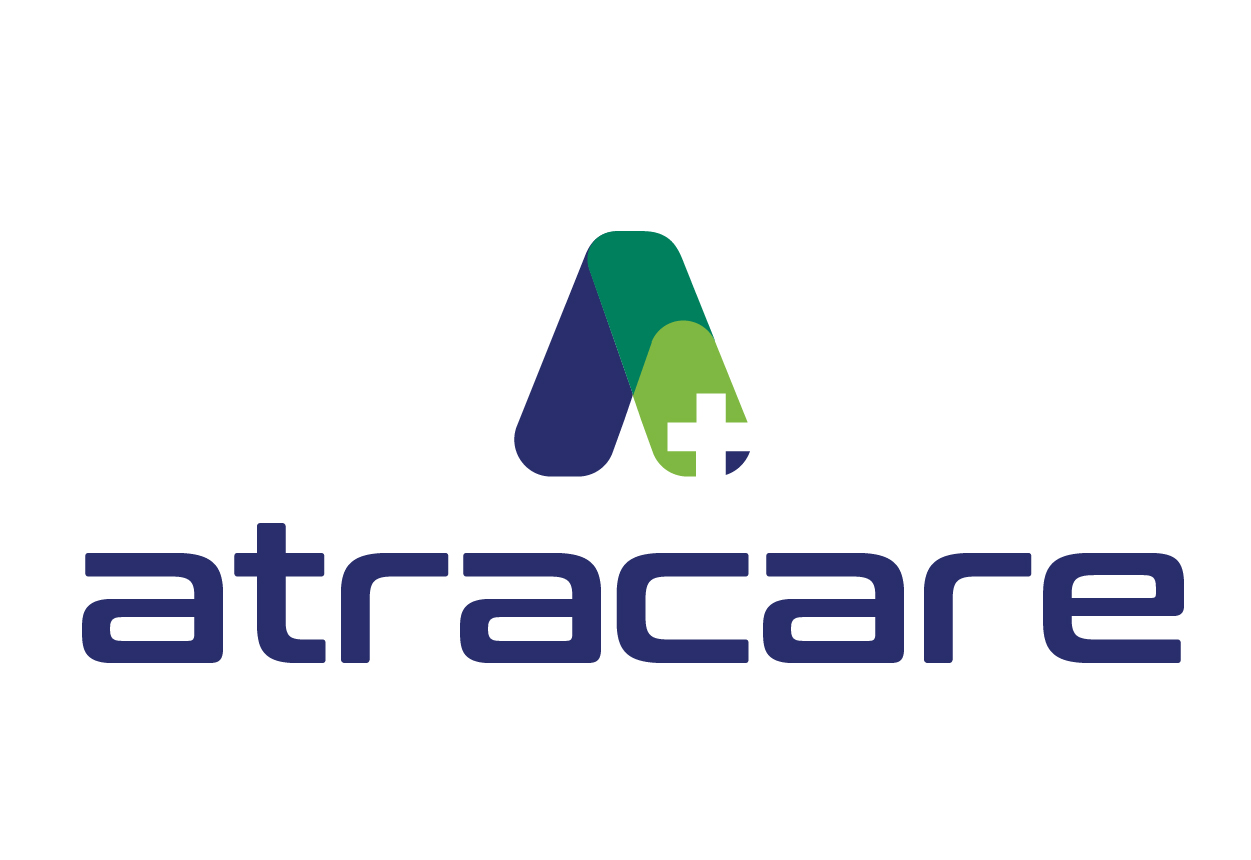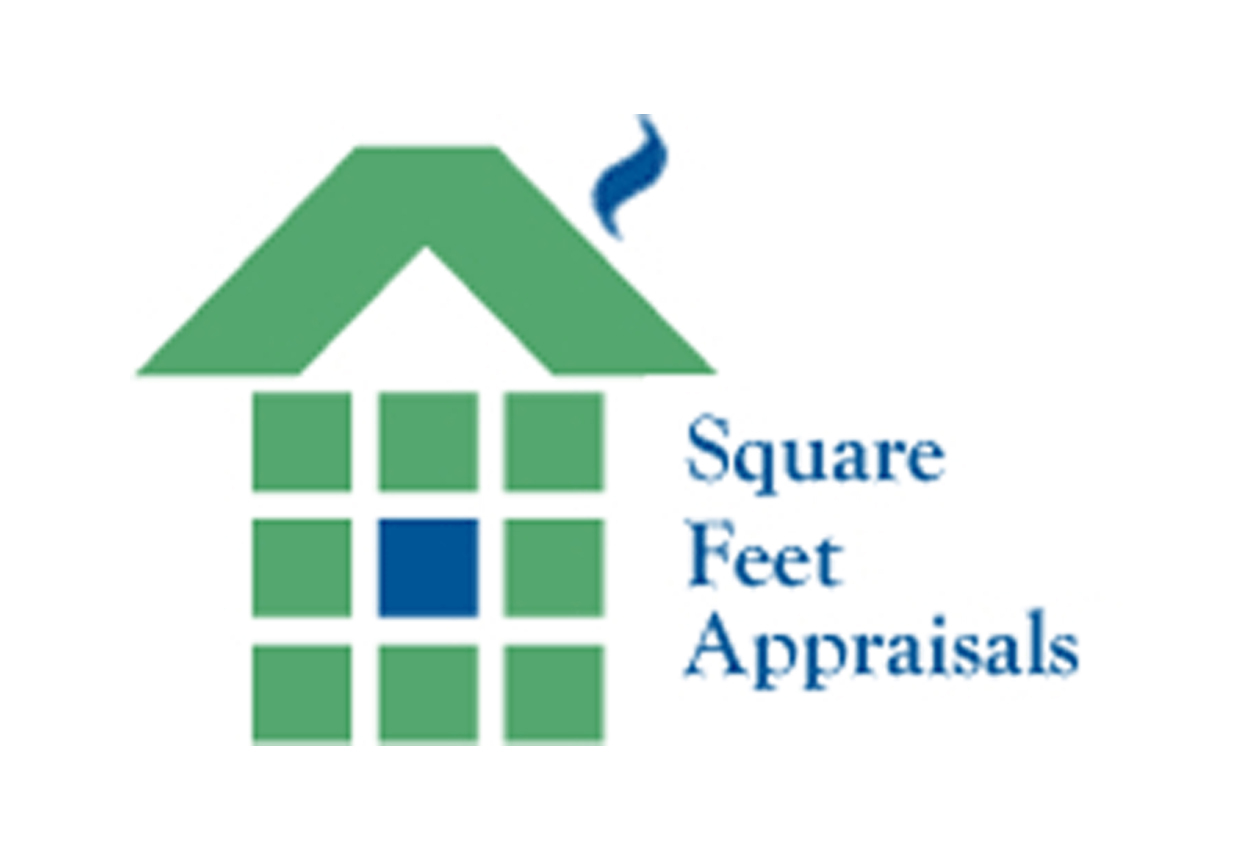The Delaware Department of Natural Resources and Environmental Control (DNREC) and the Delaware Department of Agriculture (DDA) announced that laboratory testing has identified presumptive positive cases of H5 avian influenza in sick and dead snow geese discovered in Sussex County on December 27, 2024. The tests, conducted by the University of Delaware’s Allen Laboratory, mark the region’s most recent detection of this highly contagious virus in wild birds.
What Happened?
The affected snow geese were collected from coastal areas, including Prime Hook Beach, where over 40 reports of sick or dead birds have been received. While the total number of infected birds remains uncertain, these findings highlight the risks of avian influenza spreading through wild bird populations, especially during migratory seasons.
View this post on Instagram
Snow geese, known for forming large flocks in Delaware’s winter months, are highly susceptible to diseases like avian influenza due to their migratory patterns and close contact with other waterfowl. This marks the first presumptive positive detection in the Delmarva region since 2022.
Risks to Humans and Poultry
While avian influenza primarily affects birds, its airborne and highly contagious nature poses a risk to domestic poultry and, to a much lesser extent, humans. The H5N1 strain has rarely infected humans, and transmission between humans has not been documented. Proper cooking of poultry and eggs to an internal temperature of 165°F remains a critical food safety measure.
Public Guidance
Residents should avoid handling sick or dead birds, as well as their droppings. DNREC advises using personal protective equipment (PPE) like gloves and masks when disposing of dead birds. Double-bag the carcass, secure it with zip ties, and place it in the trash for pickup. Always wash your hands thoroughly afterward.
If you encounter sick or dead birds, report them immediately to state authorities:
- If you see a sick or dead bird:
- Anyone encountering sick or dead wild birds on private or public property is asked to report their findings immediately to State Authorities.
- Call the DNREC Wildlife Section at 1-302-739-9912 from 8 a.m. to 4:30 p.m. Monday through Friday.
- Report sightings after hours, weekends, and holidays, report sightings through the -DNREC Division of Fish and Wildlife’s sick and injured wildlife reporting form.
- Notify DDA if you find dead or sick wild birds on your farm at poultry.health@delaware.gov.
- If a resident finds a dead bird on their property, they should wear proper personal protective equipment (PPE), including gloves, a mask and safety glasses, to dispose of it. Double-bag each dead bird found, zip-tie the bag and put it in the trash bin for pickup and disposal at a Delaware Solid Waste Authority landfill. Carefully remove and dispose of all PPE in the dedicated trash and always wash your hands.
- DNREC also reminds hunters to be cautious when afield handling their harvests of duck and geese as the waterfowl season continues in Delaware. If you are a waterfowl hunter or come across a dead or sick bird, visit the U.S. Department of Agriculture’s Animal and Plant Health Inspection Services website
 for additional information on proper protocols for contact with a wild bird that may have contracted HPAI.
for additional information on proper protocols for contact with a wild bird that may have contracted HPAI.
Hunters and Wildlife Enthusiasts
Waterfowl hunters should exercise caution when handling harvested birds, following proper disinfection protocols. Visit the USDA APHIS Website for additional guidance on handling wildlife that may carry HPAI.
Steps for Poultry and Livestock Producers
Poultry and livestock owners in Delaware should take proactive measures to protect their flocks and herds from avian influenza:
- Cover Waste: Ensure compost piles and mortalities are securely covered.
- Eliminate Standing Water: Grade property to prevent pooling water near barns.
- Manage Ponds: Use fencing, predator decoys, and scare devices to deter waterfowl.
- Secure Facilities: Repair damaged screens and install netting to prevent wild bird access.
- Reduce Food Sources: Clean up spilled feed and secure storage areas.
Backyard flock owners should immediately report any signs of illness to the Delaware Poultry Health Hotline at 302-698-4507.
Broader Implications
The spread of H5 avian influenza among migratory birds raises concerns about potential outbreaks in domestic poultry. These events underscore the importance of robust biosecurity measures, vigilance among producers, and public awareness.
Disclaimer
This article is for informational purposes only. Information sourced for this article has been cited here > Delaware Beaches Online is not a news agency and cannot verify all details. Readers should consult official sources like DNREC, DDA, and DPH for verified updates. Always take precautions and make decisions based on your own research and the advice of qualified professionals.
For more updates on local events and issues, visit Delaware Beaches Online.


























